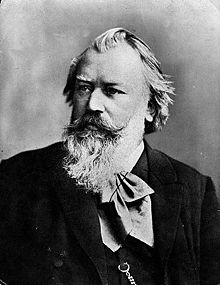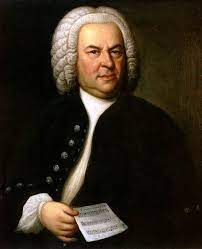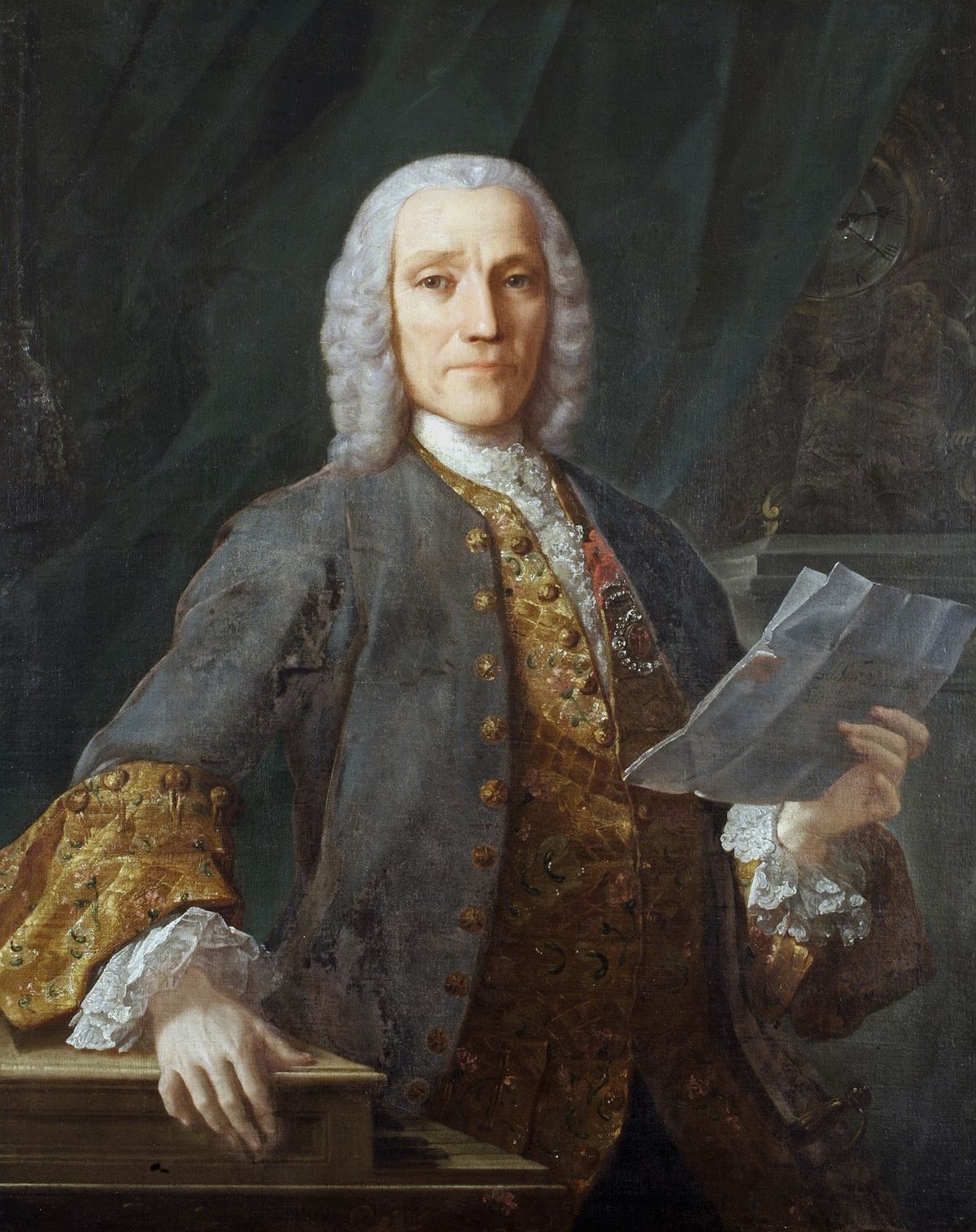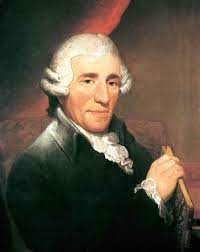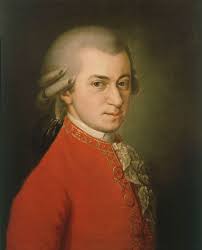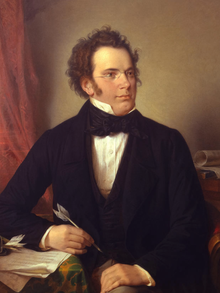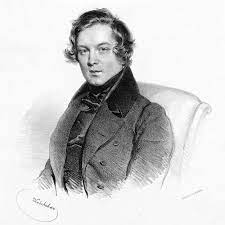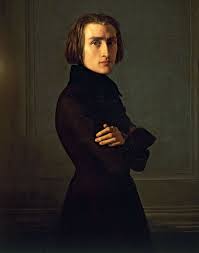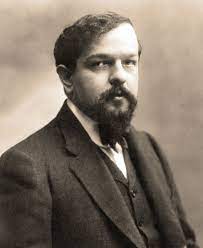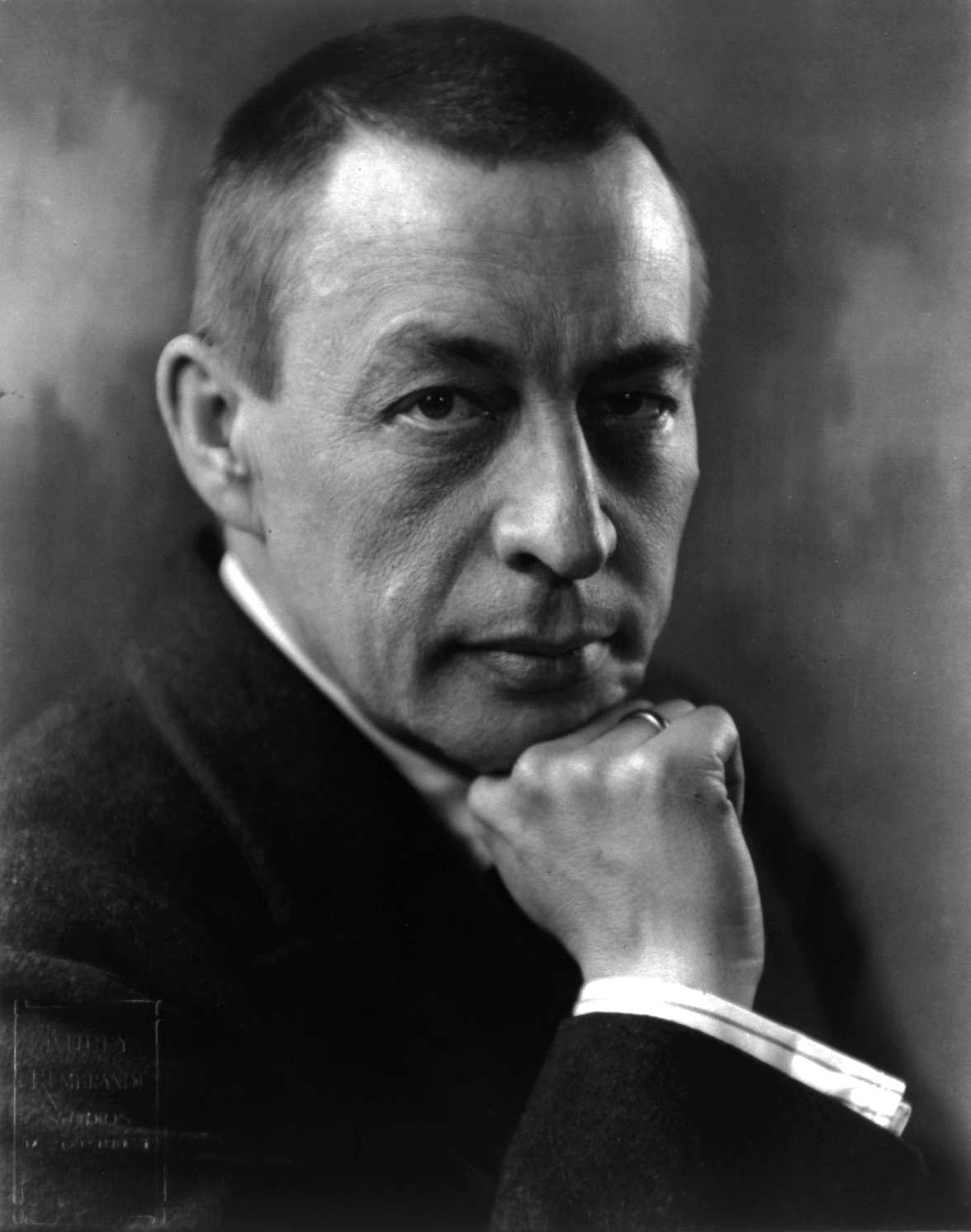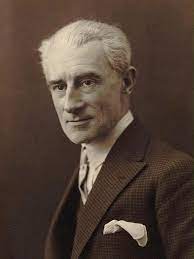Brahms was born into a musically inclined family. His father was a musician and encouraged Brahms's early musical education, which began with piano lessons. Brahms showed exceptional talent as a pianist and composer from a young age, and his performances in public concerts gained him recognition in his hometown. However, Brahms's family faced financial difficulties, and he had to contribute to the family income by playing in dance halls and taverns. Brahms's early life was marked by the loss of his mother at a young age and his father's struggles with alcoholism, which impacted his family life and upbringing. Despite these challenges, Brahms received musical mentorship from prominent composers and musicians of his time, including Robert Schumann and Clara Schumann. Brahms made his first public appearance as a pianist at the age of 10 and began composing at an early age. He studied music composition in various cities in Germany, and his early compositions showed a strong command of classical forms and structures. Brahms's early life laid the foundation for his later career as a renowned composer, pianist, and conductor, and he would go on to make significant contributions to the world of classical music.
Major Works
- Symphony No. 1 in C minor, Op. 68
- Violin Concerto in D major, Op. 77
- Piano Concerto No. 2 in B-flat major, Op. 83
- Ein deutsches Requiem (A German Requiem), Op. 45
- Variations on a Theme by Haydn, Op. 56
The Infamous Love Triangle
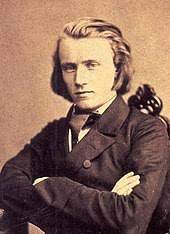
One area which difers Brahms from other composers is his Telenovela-esque love life, which includes the tragic love triangle of him, Robert Schumann, and Clara Schumann. Bach wrote like a mathmatician, and was known to be one of the greatest improvisers of all time. When he wrote and composed, he calculated, and had a deep understanding of the fundamental concepts of harmony and counterpoint. Johann Sebastian Bach was renowned for his exceptional improvisational skills, which he often demonstrated during his performances on the organ and harpsichord. One famous story that highlights Bach's ability to improvise with chromatic themes comes from an encounter he had with the renowned organist and composer Louis Marchand. In 1717, Marchand challenged Bach to an improvisation contest during a public concert in Dresden, Germany. Marchand was known for his virtuosic skills and had a reputation as one of the best organists of his time. The challenge was eagerly accepted by Bach, who was known for his improvisational prowess and was eager to prove his skills. The contest took place in front of a large audience, with both Bach and Marchand taking turns to showcase their improvisational abilities on the organ. Marchand went first and played a dazzling display of intricate runs, scales, and elaborate ornaments, leaving the audience in awe. It was then Bach's turn, and he chose a chromatic theme, a melody that uses notes outside of the key, as the basis for his improvisation. The challenge was to use this chromatic theme as a foundation for his improvisation and create a coherent and musically compelling piece on the spot. Bach's improvisation was nothing short of extraordinary. He wove the chromatic theme seamlessly into a rich tapestry of harmonic and melodic variations, showcasing his deep understanding of counterpoint, harmony, and form. His improvisation was not only technically flawless but also emotionally moving, capturing the hearts of the audience. As the contest continued, Marchand realized that he was no match for Bach's improvisational genius and abruptly ended the competition, leaving the stage in defeat. Bach was declared the winner, and his improvisation skills were lauded by the audience and his contemporaries. This event is just one example of Bach's remarkable ability to improvise with chromatic themes and create breathtaking music on the spot. It speaks to his immense talent as a composer and musician, as well as his deep understanding of music theory and his ability to push the boundaries of improvisation to new heights. Bach's improvisational prowess remains legendary to this day, and his ability to create profound and moving music in the moment continues to inspire musicians and listeners alike.
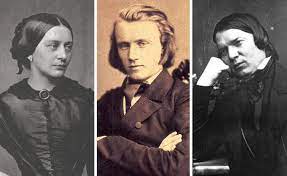
Personal Life
Johannes Brahms was known for his reserved and private nature. He never married and had no children. He was close to his family and maintained strong friendships with fellow composers such as Robert Schumann and Clara Schumann. Brahms struggled with self-doubt and depression throughout his life, but he found solace in his music. He was known for his perfectionism and meticulousness in composing, often revising his works multiple times. Despite his reserved personality, Brahms had a deep emotional and musical intensity that is reflected in his compositions, which continue to be admired and performed to this day.
Legacy
Johannes Brahms's legacy as a composer is significant and enduring. He is considered one of the most important composers of the Romantic era, and his works are known for their rich harmonic language, expressive melodies, and intricate structures. Brahms's music is highly regarded for its emotional depth, intellectual complexity, and technical demands, which have made it a staple of the classical music repertoire. Brahms's legacy also includes his contributions to various musical genres, including symphonies, chamber music, choral music, and lieder (German art songs). His symphonies, in particular, are considered masterpieces of the Romantic symphonic tradition. Additionally, his piano music, including his piano concertos and solo piano works, are highly esteemed for their virtuosic writing and poetic expression. Brahms's influence on later generations of composers and musicians is evident in their works, as his music has served as a source of inspiration for many. His compositions continue to be performed and recorded by orchestras, chamber groups, and soloists worldwide, and his legacy as a composer of profound and enduring music remains a cherished part of classical music history.
Performed by Radu Lapu in 1976
YoutubeVersionBrahms Intermezzo in A Major, op 118 No.2
Brahms's Intermezzo, Op. 118, No. 2, is a solo piano piece composed in 1893. It is one of the six piano pieces that make up Brahms's Op. 118, which is a collection of character pieces for piano. The Intermezzo, Op. 118, No. 2 is written in A major and is known for its introspective and tender character. The piece is characterized by its lyrical melodies, rich harmonies, and expressive phrasing. It features intricate and delicate piano writing, with moments of contrast between melancholic and hopeful passages. The Intermezzo, Op. 118, No. 2 is considered one of Brahms's most beloved piano compositions, showcasing his mastery of piano technique and his ability to convey deep emotion through music.
The Death
Johannes Brahms passed away on April 3, 1897, in Vienna, Austria-Hungary (now Austria) at the age of 63. The exact cause of his death was pneumonia, which was complicated by cirrhosis of the liver. Brahms had been in declining health for several years leading up to his death, and his condition worsened in the months prior to his passing. Brahms's lifestyle, which included heavy alcohol consumption, may have contributed to the development of cirrhosis of the liver, a condition that affects the liver's ability to function properly. However, the exact reasons for his cirrhosis are not definitively known. Additionally, pneumonia, an infection of the lungs, is a common complication of other health issues and can be a serious condition, especially in individuals with weakened immune systems. Despite his declining health in his later years, Brahms remained active as a composer until the end of his life, leaving behind a rich legacy of musical compositions that continue to be celebrated and performed today.
